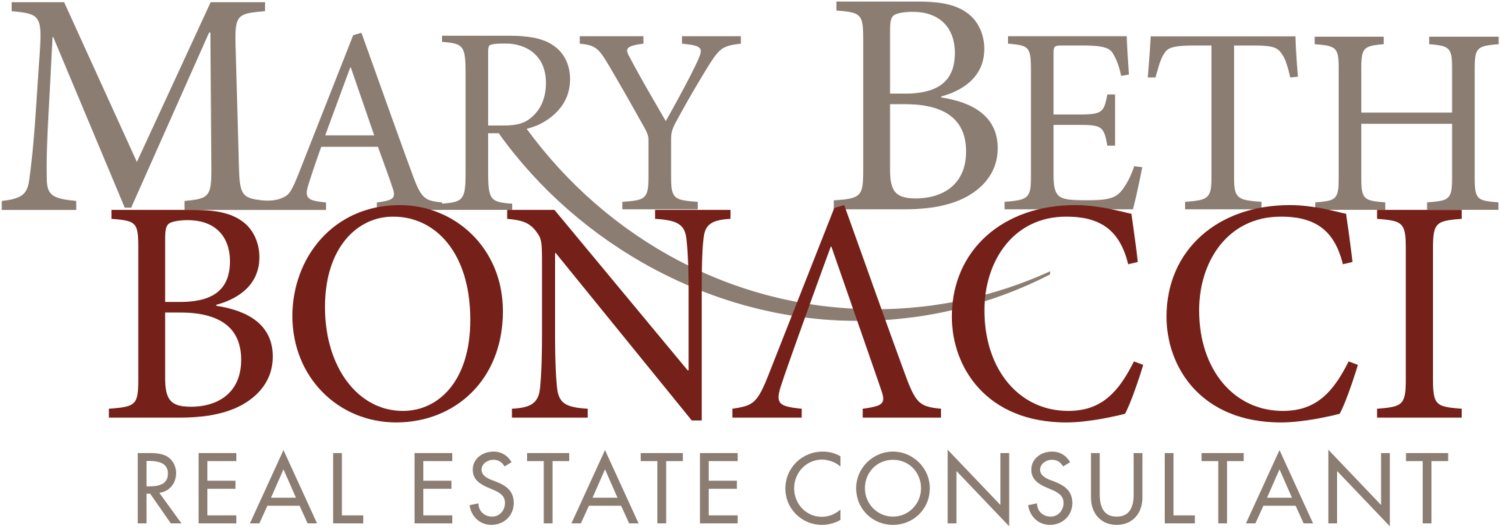 Today, President Bush signed the “Housing Rescue Bill.” So it seemed like as good a time as any to learn about it.
There’s a lot to it, and a lot of fine print. But a couple of things stood out to me, as someone who represents buyers and sellers here in the real world:
Today, President Bush signed the “Housing Rescue Bill.” So it seemed like as good a time as any to learn about it.
There’s a lot to it, and a lot of fine print. But a couple of things stood out to me, as someone who represents buyers and sellers here in the real world:
Foreclosure “rescue”: Homeowners facing foreclosure can refinance into low-cost fixed rate loans insured by FHA. But “can” is a tricky word. There are a lot of hoops to jump through first, and not everyone will be able to clear them. Homeowners must be spending at least 31% of their income on the mortgage. (Where do they come up with these numbers?) They must be able to prove that they can’t continue to make the payments. They must “retire” any second mortgages or lines of credit taken out against the home’s equity.
AND – here’s the biggest “but” – the new loan cannot exceed more than 95% of the current appraised value of the house. This is the whole reason homeowners are in trouble in the first place – their current mortgage balances are for more than the home is worth, and they don’t have the cash reserves to make up the difference. So if the new loan will be used to pay off the old loan and the new loan can only be up to 95% of the value, then the new loan won’t be enough to pay off the old loan. Which means the whole system will only work if banks are willing to accept less than the full value of the loans and “write off” the difference. I don’t know if government pressure will make them more likely to do that, but my experience with “short sales”, where the lender agrees to take less than the full balance when the home is sold, it won’t be easy. Short sales are notoriously difficult transactions.
Also, seller down-payment assistance will go away. There are several loan programs, including one FHA program, where the seller can contribute up to 3% of the buyer’s down payment. I’ve never been a huge fan of these programs, because what ends up happening is that the seller just adds 3% to the price they expect to get from the sale. But in today’s market, appraisals are a lot closer than they used to me. Adding 3% to the price can mean the house doesn’t appraise and the deal dies. That happened to one of my listings last spring.
Nevertheless, it seems like most first-time buyers these days – at least those in the lower price ranges -- are using these programs. On October 1st, when they’re no longer available, my guess is that a lot of those buyers will be looking to rent instead. Not only will they have to come up with the down payment money, but the amount required will go up from 3% of the purchase price to 3.5%.
That, of course, might be a good thing in terms of keeping people from buying homes when they can’t afford to buy homes. But I don’t see it doing anything to stimulate housing sales.
The flip side is that first time buyers will be eligible for a tax credit of 10% of the purchase price of their home, up to $7500. That sounds great, too, until you read the fine print. You don’t get to keep the money. It has to be paid back to the government, in equal payments over 15 years. It’s really more of a no-interest loan.
Buyers don’t get the credit until after they’ve purchased their homes, so it won’t go toward the purchase price. It’d be charming if they put it into an interest-bearing account or invested it or something, but most people will probably just spend it, and then face an extra $500 on their tax bill every year for the next 15 years. Of course, if they sell the home, they have to pay the remaining balance back in one lump sum. Which will make it even more difficult for them to break even if housing prices don’t rise.
There are other provisions, of course. A bail-out of Fannie Mae and Freddie Mac. Money for states to buy homes and fix them up for sale. Etc., etc.
As I read about this, my main thought was a) this is sort of ridiculously complicated, and b) what do these Congresspeople really know about real estate in the real world?
Whatever. They’ll keep passing laws, and we’ll keep selling houses.

















